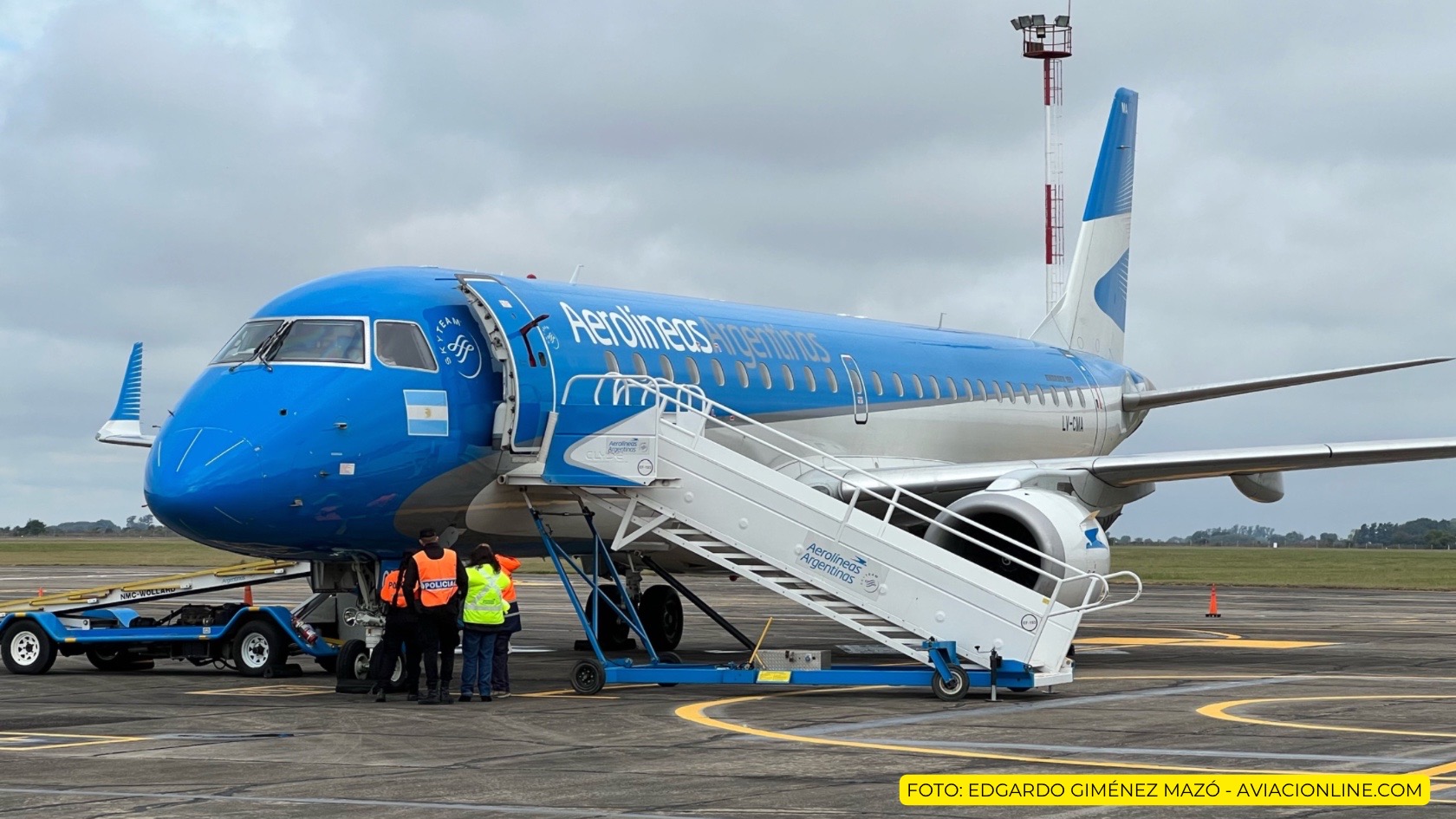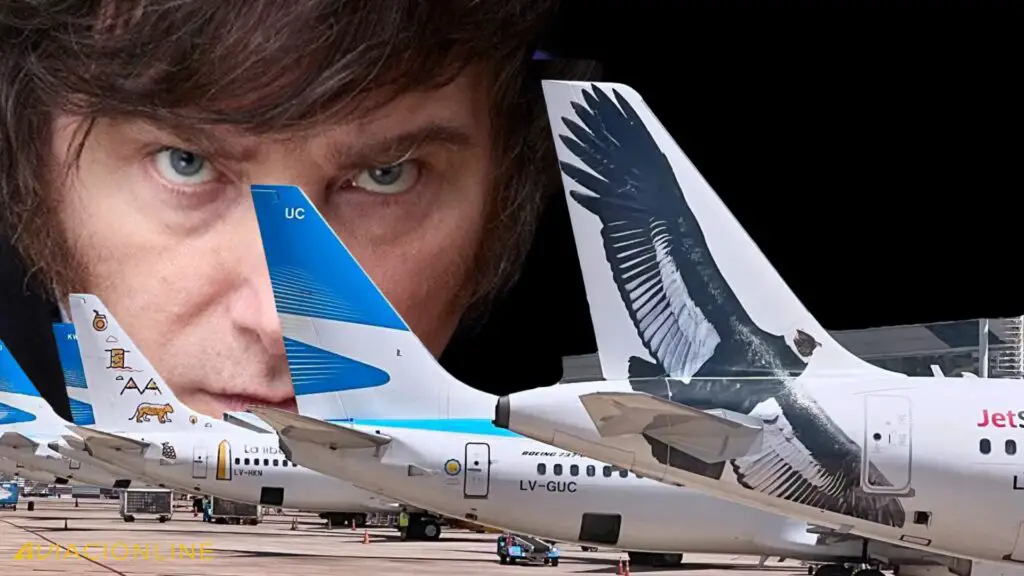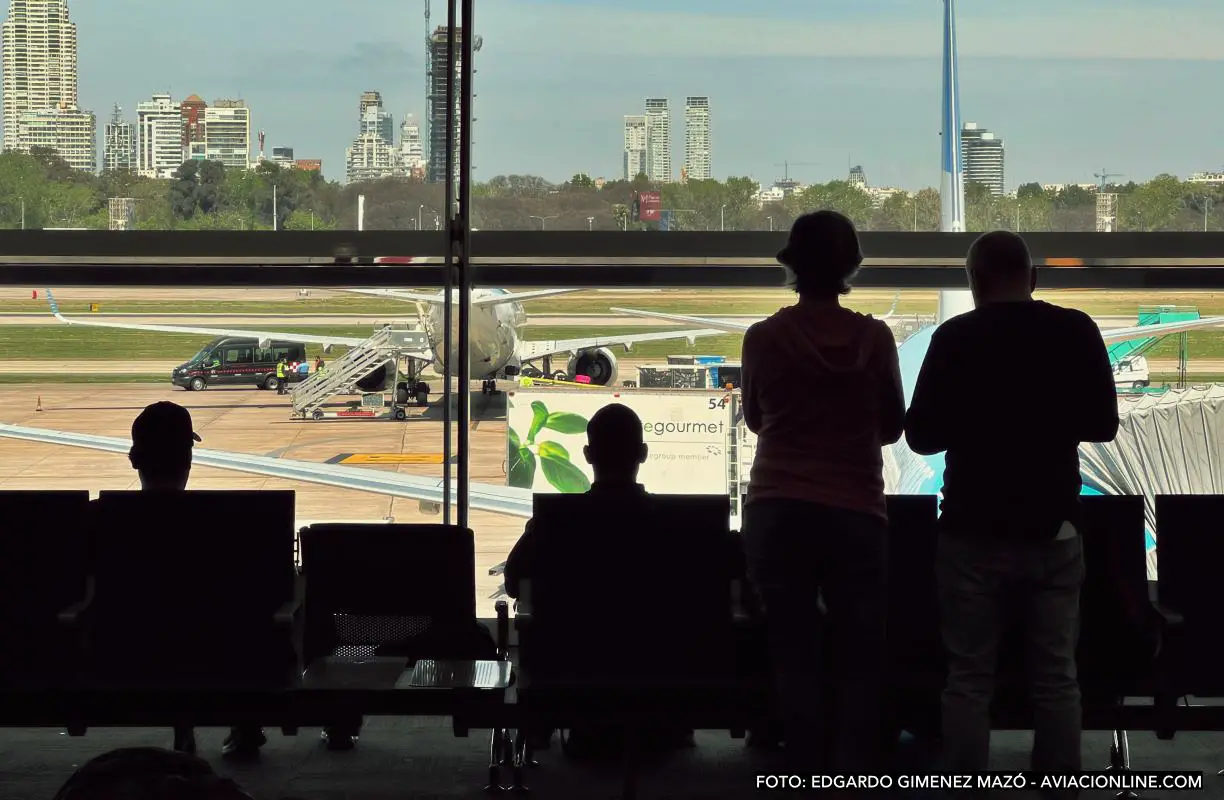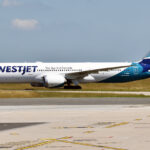I begin writing this article at 8:21 PM on Sunday, November 19, 2023, while Sergio Massa, the presidential candidate for the ruling party Union por la Patria, has just delivered his concession speech in the second round of the Argentine presidential election. He proclaimed Javier Milei as the new president for the 2023-2027 term, a full 40 minutes before the first official results are announced.
The overwhelming flow of news and the need to stay updated take me away from my laptop, and I return at 11:13 PM. It’s 55.69% to 44.30% in favor of Milei, a victory without room for doubt.
When on November 22, 2015, Mauricio Macri won the runoff against Daniel Scioli, we published an article examining Juntos por el Cambio’s vision for aviation. It outlined four specific objectives that, with some nuances, were gradually achieved until they left office in 2019 under the banner of the «aircraft revolution,» which some might call a failure. Nevertheless, it established the low-cost model in the country with two airlines.
Yes, there’s no denying it, along the way, we lost Avianca Argentina (dragged down by the crisis of its parent company in Brazil, which also closed); Norwegian Air Argentina (also partly affected by its parent company and absorbed by jetSMART); and LASA (although it’s hard to say it was lost when it barely started and operated under a regional aviation model that was difficult to sustain without provincial subsidies).
We can also look back and mention Sol, even though it had been on life support for a long time. And we can look forward to including Andes, the airline many rallied to defend in 2018, when until 2015, they kept it stifled. And even LATAM Argentina (another airline they kept in check until 2015 and which subsequently failed to adapt to the new competitive landscape, whether by choice or not).
But, returning to the president-elect Javier Milei, in this case, to describe what he plans to do with commercial aviation, we have to delve deeper into speculation because the electoral platform of La Libertad Avanza doesn’t provide many details about the industry. However, there have been numerous media statements on the subject.
Let’s go.
Under the «Economic Reform» section, the La Libertad Avanza platform mentions the «creation of ports and airports at strategic points in the country, as well as improving existing ones,» which is overly broad. Milei must be well aware that we don’t need more airports, considering his background in Corporación América, the parent company of Aeropuertos Argentina 2000, where he played a key role in the economic and financial framework of the company, positioning it as one of the leaders in the airport sector worldwide through Corporación América Airports.
In the same section is the most controversial point, which could have the greatest impact on Argentine commercial aviation: «Privatization of deficit-ridden state-owned companies,» and one of the emblems of that category is Aerolíneas Argentinas, under state administration since 2009 and historically in the red.
Fiercely defended by aviation unions, it’s hard to imagine that a government with so many open fronts on truly structural issues for the country in the short term would create another one when Aerolíneas Argentinas, responsible for 60% of domestic traffic, has very good operational performance indicators and, after the pandemic, has been launching many new routes and destinations with a dynamism not seen in a long time.
But it’s also undeniable that, as a brand, it has been on one side of the Argentine political divide, making it a symbol of the Kirchnerism for many.
They may, of course, make progress on cost reductions to get out of the red (although in a press conference last week, current Aerolíneas Argentinas executives claimed they already have positive operating results). Still, rushing into reprivatization in the short term would seem risky, especially in the context of a delayed audit by the Federal Aviation Administration of the United States on Argentine aviation, further complicating the possibility of maintaining its category. However, who would be willing to bet against it? Gradualism doesn’t seem to be on the agenda of the president-elect.
There’s also the idea that Javier Milei mentioned in various interviews of handing the company over to the workers along with working capital for a year, so they can make it financially sustainable themselves. This could be tempting because if there’s one thing Aerolíneas Argentinas has, it’s a highly trained workforce that might, by becoming independent of political fluctuations (and a political party), maximize their professionalism and competitiveness.
This is probably very challenging without having to undergo significant structural adjustments or benefit cuts. Additionally, unions have argued that they wouldn’t be competitive against low-cost carriers that «only fly to profitable destinations.»
However, it could also open the door to a profound overhaul of air transport, in which, if an employee owned Aerolíneas Argentinas is forced to stop flying to destinations considered unprofitable to avoid losses, local governments could support route sustainability with specific subsidies. Or through a federal plan similar to the Essential Air Service of the United States (although, if we step away from conceptual purism, Aerolíneas Argentinas already somewhat represents that in practice), which could even include LADE, the regional airline of the Argentine Air Force for even less dense routes.

The unification of the exchange rate, along with the liberalization of exchange controls, two other points in the «Economic Reform» section, would also provide relief for airlines, which currently face obstacles in paying foreign suppliers, in addition to financial issues related to paying fees in dollars and acting as collection agents for taxes tied to the purchase of services in that currency.
Moving on, under «Technology in Infrastructure,» Milei propose to «encourage investment in tourism» and «promote international trade exchange agreements,» two issues with direct implications for air transport.
Milei has often mentioned that he would advance with «open skies» in Argentina, an idea that the industry always advocates for in the entire region, although it hasn’t found many governments fully receptive to it because the concept of the «Patria Grande Latinoamericana» (Greater Latin American Homeland) that some sectors insist on seems to cover only what’s anchored to the land.
The industry fantasizes about a single regional sky with harmonized regulations and low fees that would allow aircraft (and personnel) to move freely to respond dynamically to demand fluctuations, opening and closing routes without bureaucratic obstacles. This is very appealing on paper and would likely help solve many of the region’s connectivity problems, but it still seems distant when there are so many socioeconomic asymmetries among the countries. Macri had gone as far as the aircraft interchange, but it was quickly «uninstalled» when Alberto Fernández took office.
Without going to such extremes, the government of Javier Milei could make progress in liberalizing bilateral agreements with key markets like Colombia, which is currently quite restricted. On the domestic front, the outdated system of public hearings for requesting new routes could be redesigned. The fare band system, which was supposed to be reinstated «within 180 days» as of December 24, 2021, but was never implemented, would also be a thing of the past. Another healthy step would be to «dismantle» Law 19,030 on Aerocommercial Policy, which has been patched up since its promulgation in 1971, as if commercial aviation and the world haven’t changed in 52 years. The reform of the Aeronautical Code would merit a separate discussion.
Under the «Labor Reform» section, there are also points that could directly or indirectly affect the Argentine commercial aviation industry in terms of competitiveness: «promoting freedom of union affiliation,» «promoting a new labor contract law without retroactive effect to replace severance payments with an unemployment insurance system to reduce litigation,» and «reducing employer burdens on labor.»
Of course, on the other side, there will be aviation unions again resisting these changes. And while an increasing portion of passenger traffic already operates outside their direct influence because Flybondi and JetSMART employees are not members of traditional unions, they still have the power to disrupt much of the industry, especially when it comes to Buenos Aires’ domestic aviation hub, Jorge Newbery Airport. They don’t allow low-cost carriers to self-handle (or have more handling companies), leaving them at the mercy of Intercargo and its labor disputes, which have already caused delays and cancellations for Flybondi and JetSMART flights several times this year. However, one would believe that deregulating airport handling will be one of the first issues to be addressed.
Beyond the platform, beyond media statements, commercial aviation, despite its complexity, needs what everyone does: a healthy macroeconomy to develop and be sustainable in the long term, as well as no political flip-flops that change the rules every four years.
Yes, the Argentine airline market has its demographic, geographic and socioeconomic particularities, but these cannot be used forever as an excuse to try to find problems to solutions that the world has already had for decades.















